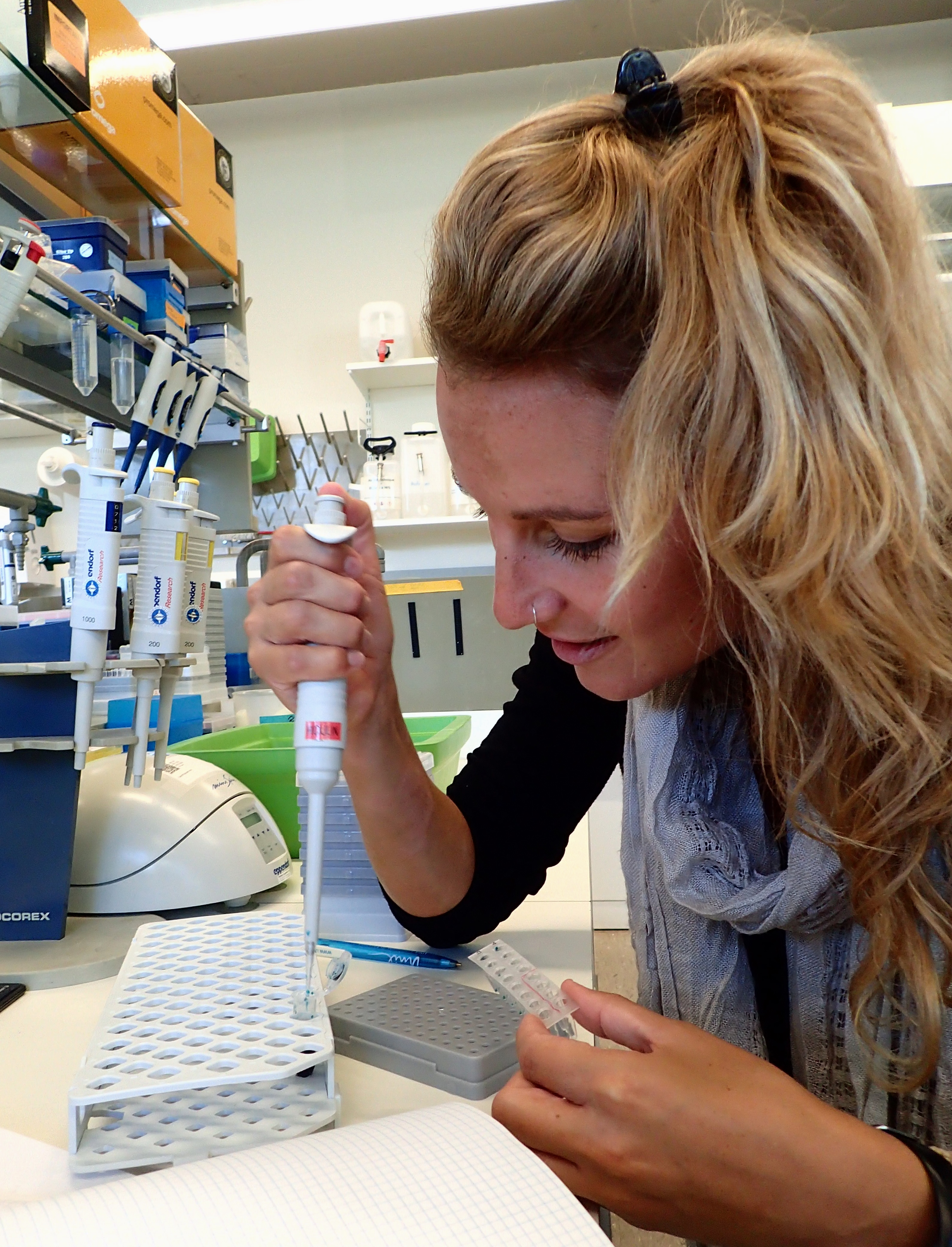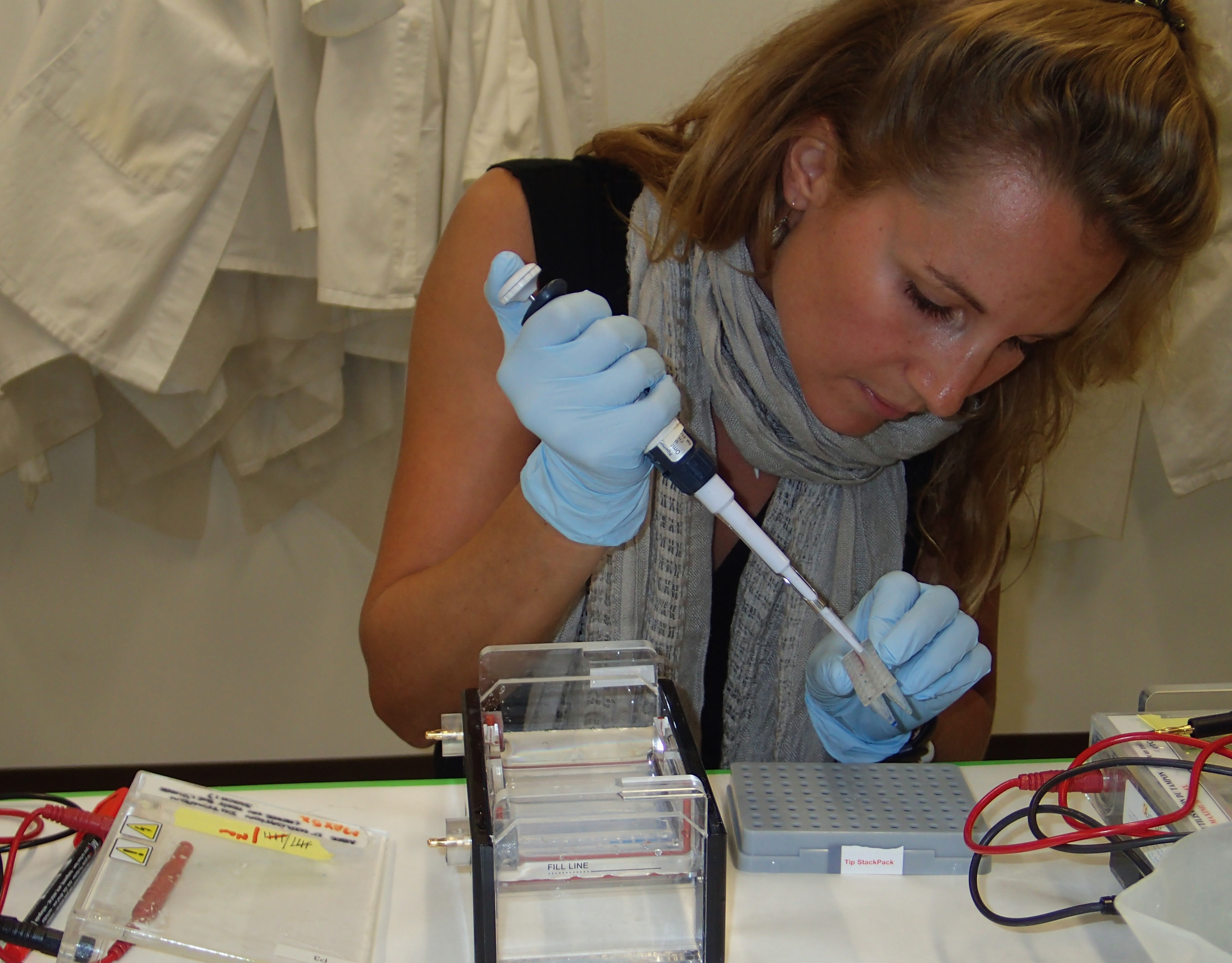How bats help me to better understand a shark’s diet
After eight weeks of running and paddling around St Joseph Atoll to catch juvenile blacktip reef sharks and sicklefin lemon sharks, it’s time for me to analyse the samples I’ve obtained. As part of my PhD, I’m aiming to better understand what these two shark species eat and also to discover possible differences between their diets. Therefore I collected stomach contents, as well as other tissue samples, that I will analyse at the Save Our Seas Shark Research Center (SOSSRC) at the NOVA Southeastern University in Fort Lauderdale, Florida, USA.
Stomach contents are usually analysed by either visual or molecular means. As most stomach samples are half digested and therefore identifiable only to a broad level (such as fish or crab), scientists increasingly use DNA analysis to identify stomach samples. Even though I graduated with a BSc in cell biology and worked in a medical analytic laboratory while I was studying, lab work hasn’t been the focus of my research for a long time. Therefore I was glad to accept the invitation of my colleague and friend Nadia Bruyndonckx (scientific adviser to the Save Our Seas Foundation and a former PhD student/employee at the University of Lausanne, Switzerland) to a ‘Lab Refresher Day’ at the university to prepare myself fully for my upcoming visit to the SOSSRC laboratory in Florida.
As Nadia worked on bats for her PhD, I was not surprised when she announced that we would be practising analytical methods on tissue samples from bats’ wings. During a full day at the lab, we went through the different steps of DNA analysis: extraction, amplification and identification. By the end of the day, my knowledge of lab protocols and kits, the proper use of pipettes and the handling of microlitre volumes and amplification machines had been reawakened, and my confidence and anticipation of this upcoming trip were fully aroused.
Once again, thank you Nadia, Dr Philippe Christe and Laura Clément from the University of Lausanne for making this ‘Lab Refresher Day’ happen – and for making me realise once more that it doesn’t matter which species you specialise in (sharks or bats), it’s the thirst for knowledge and the enthusiasm for nature and animals that strengthen the bonds between us biologists.


